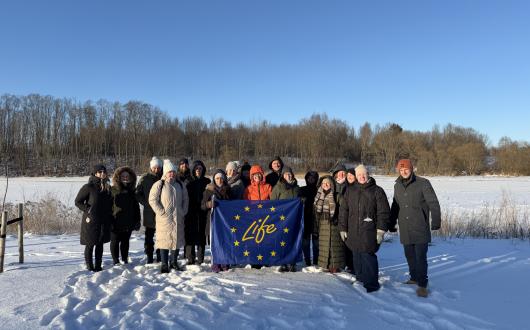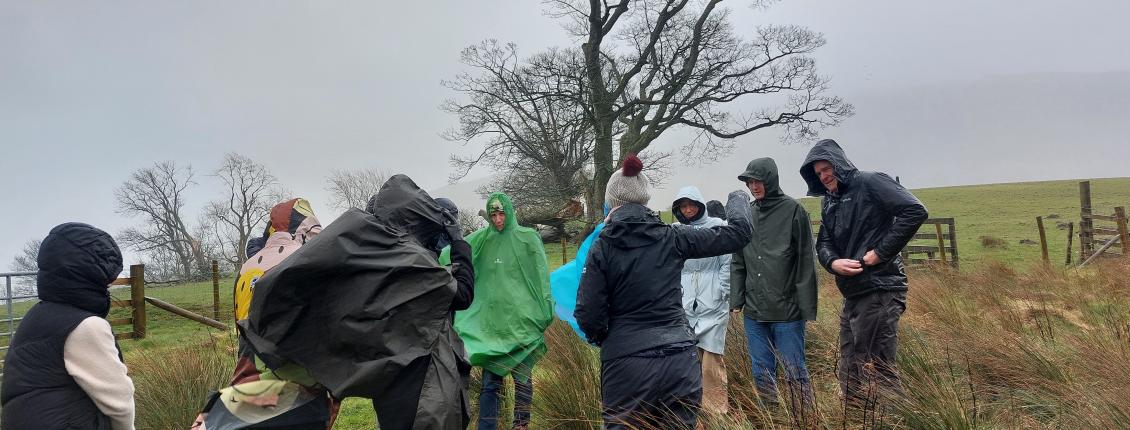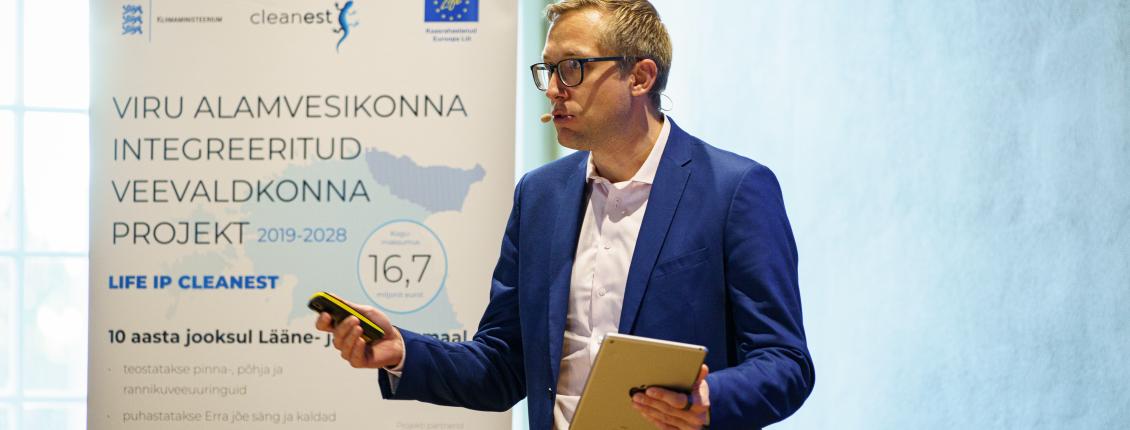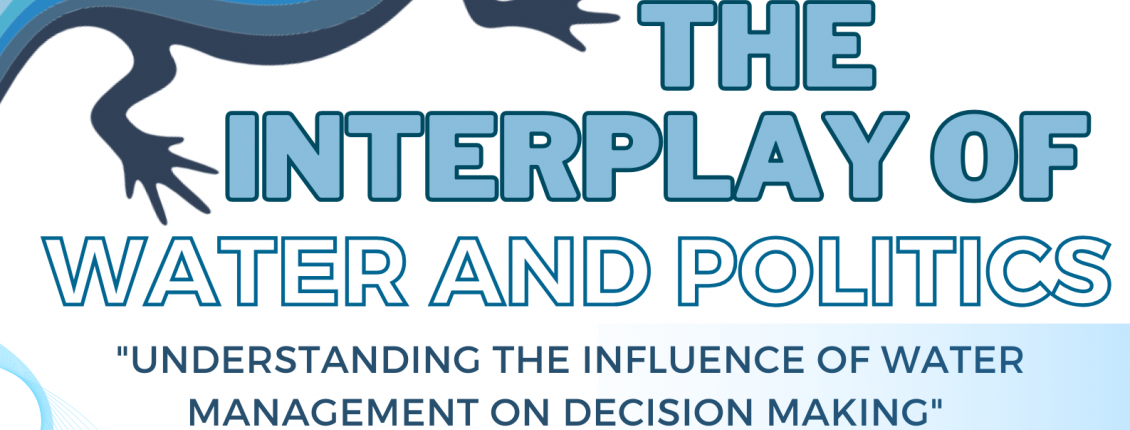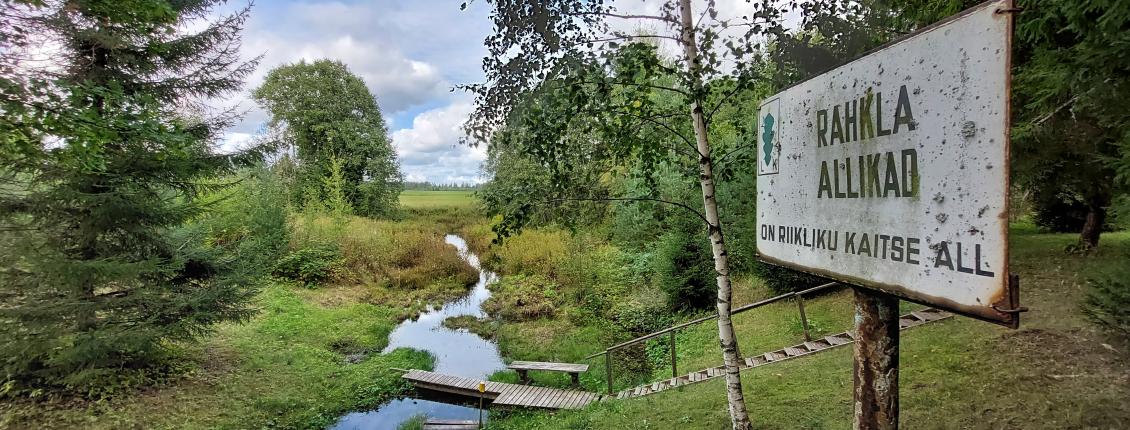3 April 2024
Henry Linnard, LIFE IP CleanEST kommunikatsioonijuht
Study visit to the United Kingdom to aquire knowledge about the principles of water management and protective measures
The United Kingdom doesn't have environmental charges like in Estonia. There, the state or local government collects a fine when a violation is detected. Then the court proceedings are completed and the amount of the fine is determined. Fine money is directed to the implementation of environmental measures through intermediate organizations.
We visited such an intermediary organization in the UK to gather knowledge about institutional capacity building, water management principles and the implementation of water body protection measures, primarily in relation to agriculture.
